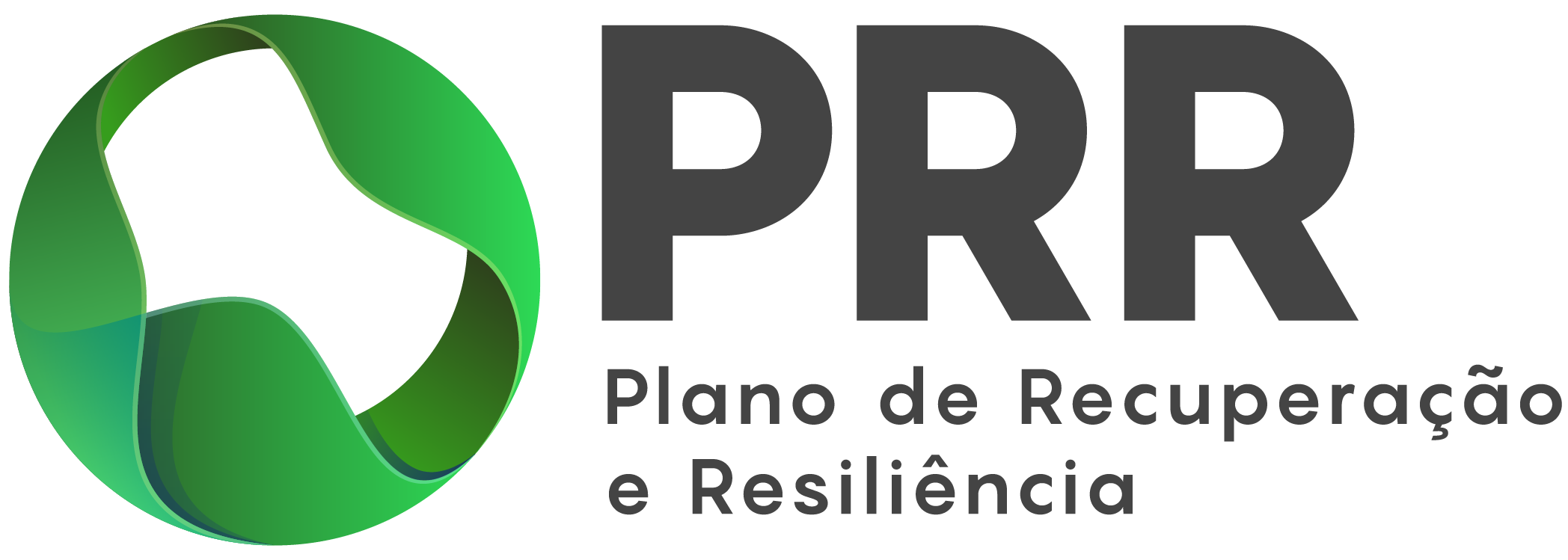According to the economico.pro, Vodafone Portugal has opened a new center for innovation and to support companies with project development. The first 5G pilot projects to be tested at the center’s Vodafone Boost Lab were presented at the same time.
Vodafone Portugal has opened a new innovation and entrepreneur center. A press release describes it as an integrated space for innovation and support with project development that promotes the joint development of products and services between companies, startups, and SMEs and ensures they gain direct contact to the market. The new center at the telecom operator’s headquarters in Lisbon houses the new Vodafone Boost Lab and the Vodafone Power Lab.
This means that two innovation projects are underway there. The Vodafone Boost Lab was set up by Vodafone, Ericsson, and Capgemini within the context of Portugal’s National Testbed Network and serves to support startups, small and medium-sized enterprises, and other projects in the field of telecommunications. According to the press release, the Vodafone Power Lab, which celebrates 15 years since its founding this year, brings together technology startups, the business units of Vodafone Portugal, and its partners.
The projects include new applications for 5G technologies in virtual reality, robotics, and television content control. Vodafone Portugal has published the first 5G pilot projects to be developed at the new innovation center.
The pilot projects included Infinite Foundry’s digital twin solution for virtual reality, IDMind’s social robot, which uses 5G technology for video and sensor analyses, and Actif’s content for Vodafone’s television offering. Together with Ericsson, Ground Control Studios in the Vodafone lab has developed an augmented reality solution to support engineers who maintain mobile communication sites. Virtuleap is working on cognitive exercises in virtual reality with psycho-neurology teams at Hospital CUF Descobertas and Hospital CUF Tejo. Together with Ericsson and Infraestruturas de Portugal, Omniflow is developing smart lighting systems for electric vehicles and other devices. LikeWise Pro and Capgemini are developing sensors for “non-intelligent” objects, such as tiles, mirrors, and wood.
Vodafone Portugal has opened a new innovation and entrepreneur center. A press release describes it as an integrated space for innovation and support with project development that promotes the joint development of products and services between companies, startups, and SMEs and ensures they gain direct contact to the market. The new center at the telecom operator’s headquarters in Lisbon houses the new Vodafone Boost Lab and the Vodafone Power Lab.
This means that two innovation projects are underway there. The Vodafone Boost Lab was set up by Vodafone, Ericsson, and Capgemini within the context of Portugal’s National Testbed Network and serves to support startups, small and medium-sized enterprises, and other projects in the field of telecommunications. According to the press release, the Vodafone Power Lab, which celebrates 15 years since its founding this year, brings together technology startups, the business units of Vodafone Portugal, and its partners.
The projects include new applications for 5G technologies in virtual reality, robotics, and television content control. Vodafone Portugal has published the first 5G pilot projects to be developed at the new innovation center.
The pilot projects included Infinite Foundry’s digital twin solution for virtual reality, IDMind’s social robot, which uses 5G technology for video and sensor analyses, and Actif’s content for Vodafone’s television offering. Together with Ericsson, Ground Control Studios in the Vodafone lab has developed an augmented reality solution to support engineers who maintain mobile communication sites. Virtuleap is working on cognitive exercises in virtual reality with psycho-neurology teams at Hospital CUF Descobertas and Hospital CUF Tejo. Together with Ericsson and Infraestruturas de Portugal, Omniflow is developing smart lighting systems for electric vehicles and other devices. LikeWise Pro and Capgemini are developing sensors for “non-intelligent” objects, such as tiles, mirrors, and wood.




